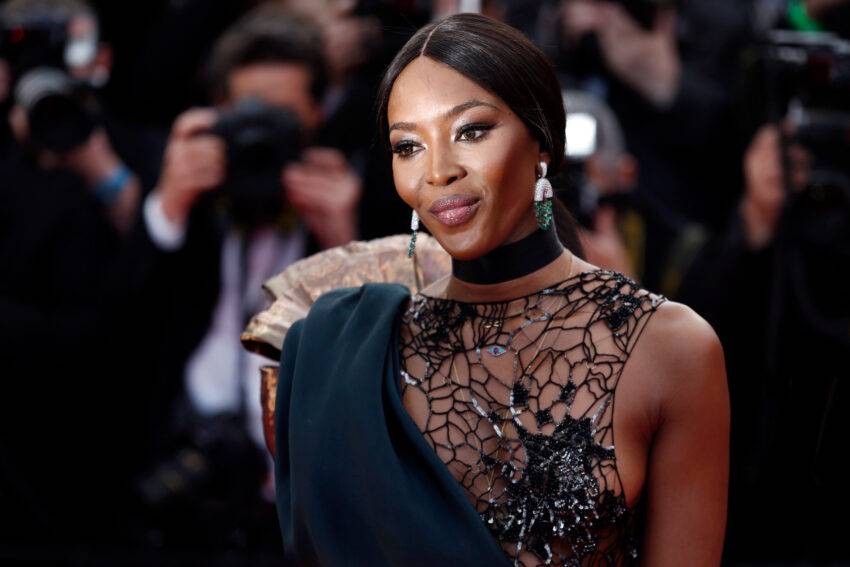Naomi Campbell, a legendary figure in the fashion industry, has effectively used her influence to promote charitable causes with her non-profit organization,
Fashion for Relief. Launched in 2005, the charity was inspired by a powerful conversation with Campbell’s mentor, Nelson Mandela. Mandela encouraged her to use her significant platform and voice for philanthropic purposes. Heeding this advice, Campbell founded Fashion for Relief, aiming to make a meaningful difference in the lives of those facing severe hardships worldwide.
The Origins and Mission of Fashion for Relief
emerged from Naomi Campbell’s desire to respond proactively to global crises and humanitarian emergencies. The organization’s fundamental goal is to bridge the fashion world with philanthropy, rallying support for various global issues. Since its inception, Fashion for Relief has addressed numerous crises, including the fight against the Ebola virus, providing aid to victims of Hurricane Katrina, and supporting recovery efforts following the devastating earthquake in Haiti. In more recent times, the organization has partnered with Save the Children to help those impacted by the ongoing conflict in Syria, ensuring they receive critical resources such as food, shelter, and healthcare.
Fundraising and Events Strategy
Fashion for Relief has become renowned for its glamorous fundraising fashion shows, which are pivotal in generating funds for the charity’s causes. These shows are spectacular events that feature elaborate designs and top-tier celebrity models. Staged in various glamorous cities worldwide, such as Cannes, New York, Mumbai, and Moscow, these events draw attention for their aesthetic appeal and their philanthropic impact. Funds are raised through ticket sales and gala auctions, with all proceeds going directly to the charity’s projects.
Celebrity Support and Event Dynamics
The success of Fashion for Relief events largely depends on the high-profile celebrities that Naomi Campbell personally invites. Friends and colleagues from the fashion and entertainment industries, including icons like Kate Moss, Beyoncé, and Jane Fonda, have walked the runway in support of the cause. The charity’s events are known for their eclectic mix of participants, ranging from fashion royalty to unexpected figures such as the Duchess of York and various musicians and actors, demonstrating Campbell’s extensive and influential network.
In addition to the main fashion show, these events typically include a formal dinner, a gala auction featuring exclusive items, and often an exceptional musical performance by a well-known artist. The night concludes with an after-party, providing an opportunity for guests to celebrate their contributions to the charity’s worthwhile causes in a festive atmosphere.
Inclusivity and Broader Impact
Fashion for Relief also focuses on inclusivity, encouraging public participation in its charitable mission. The organization makes it possible for the general public to buy tickets and attend these glamorous events, democratizing access to what are typically exclusive fashion industry happenings. This approach raises additional funds and awareness about the charity’s work among a broader audience.
Through her ongoing work with Fashion for Relief, Naomi Campbell has shown that fashion can potently catalyze social change. Her dedication to various humanitarian causes through this platform illustrates how individuals in the public eye can utilize their influence to foster positive change globally. Fashion for Relief continues to stand as a testament to the power of combining celebrity, fashion, and philanthropy in the service of the greater good.


